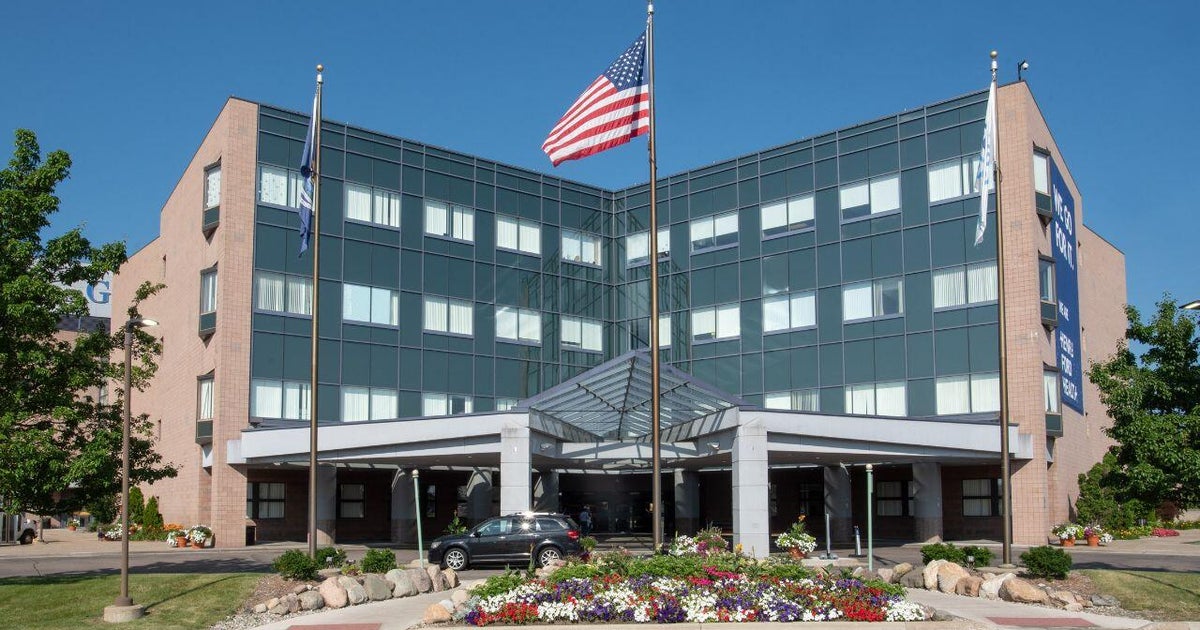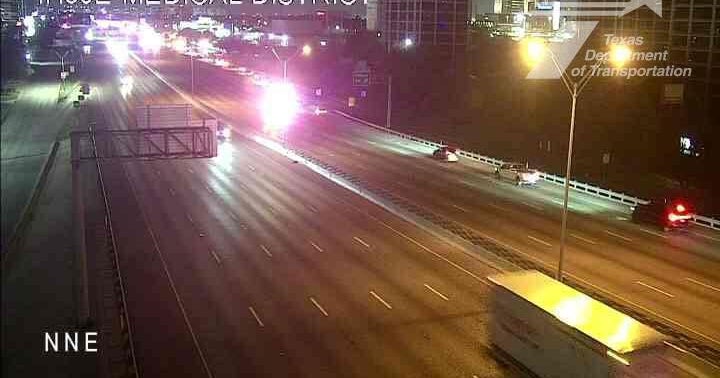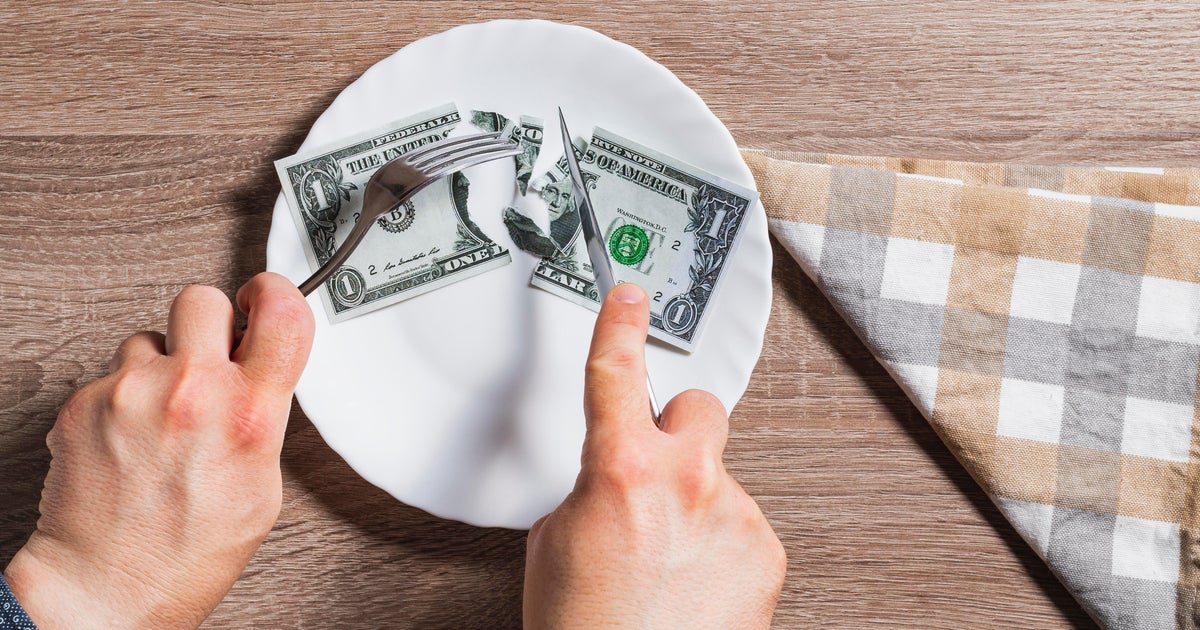Pharmacists Point Finger At 'Middlemen' For Soaring Drug Costs
DALLAS (CBSDFW.COM) - Chances are you expect to get a fair price when you go to the pharmacy, especially if you have insurance.
However, the CBS 11 I-Team found in many cases having insurance maybe costing you more.
Texas pharmacist Carter High said every day he sees cases where customers with insurance are charged a higher price for a prescription drug than those who walk into his pharmacy with no insurance at all.
High said the price customers with insurance pay is out of his control and is often set by Pharmacy Benefit Managers, commonly known as PBMs.
PBMs are the middlemen between insurance providers and pharmacies.
By negotiating with drug companies and pharmacists on behalf of insurance providers, PBMs say they save consumers billions of dollars every year on prescription drugs.
However, critics and many pharmacists say PBMs do the opposite and make drugs more expensive for consumers.
Here's a real example reported by one pharmacist of how this happens.
A customer with insurance purchased a common generic drug. His co-pay for that drug was $125, but had the customer paid with no insurance the cost would have been just $55 – a difference of $65.
The PBM pocketed the extra $65. This is what the industry calls a clawback.
Pharmacists also told the I-Team some PBMs place contractual gage orders on them preventing pharmacists from telling customers if they are being overcharged.
"Some days it makes me go home and not sleep very well because I know I could have saved them money," High said.
When the I-Team asked the PBM trade group, Pharmaceutical Care Management Association (PCMA), about contractual confidentially clauses that would prevent pharmacists from telling customers their copay is more than the drug price, the PCMA issued this statement: "We support the patient paying the lowest price available at the pharmacy counter for the prescribed drug."
Several lawsuits have been filed against PBMs including a class action lawsuit that calls clawbacks "nothing more than hidden bogus fees" that leaves customers "financially worse-off if he or she had no insurance at all."
The lawsuit is seeking refunds for customers who, according to court documents, paid "far too much for prescription drugs."
"We describe this as basically a massive fraud," attorney Bob Izard said. "It's affecting policy holders all over the country and that's why we are trying to stop it."
OptuxRx, one of the PBMs listed in the lawsuit, provided the I-Team with the following written statement.
"OptumRx's pharmacy benefit solutions are helping our customers and members save billions in prescription drug costs this year alone. Pharmacies should always charge the lowest amount outlined in a members' health plan when filling prescriptions. We believe these cases have no merit and should be dismissed by the courts."
Last week, Texas Governor Greg Abbott signed a bill into law outlawing PBM clawbacks.
However, several pharmacists said they believe PBMs will find a way around the law and continue to overcharge until those who fill up prescriptions are free to speak up.
The next time you pay for a prescription, ask your pharmacist how much would the drug cost if you didn't use your insurance. If you ask the question, pharmacists say they can tell you.
According to the lawsuit, clawbacks are most frequently imposed on widely used drugs including the following:







